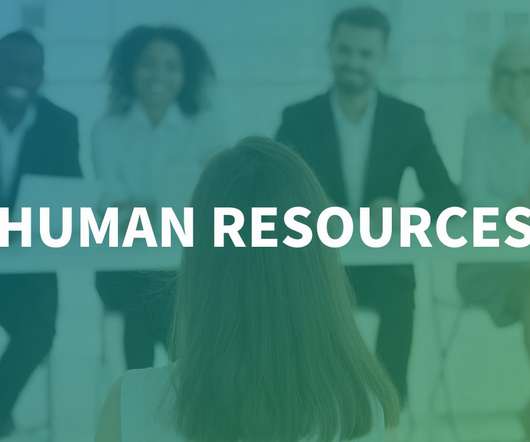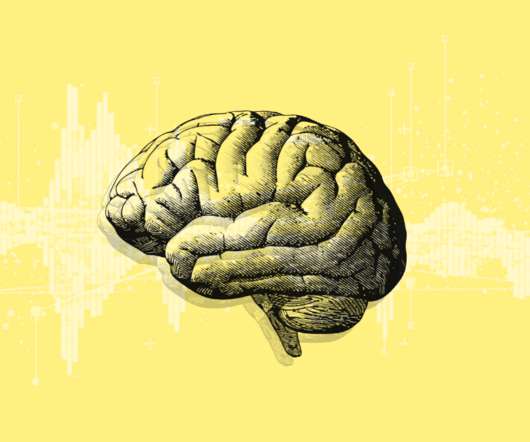10 vital HR metrics to track for your business
Business Management Daily
JANUARY 20, 2023
Human resources analytics, a relatively new discipline, is growing at an extraordinary rate and is quickly becoming an essential competency for HR professionals, according to Dr. Michele Rigolizzo, an assistant professor at the Feliciano School of Business at Montclair State University. It’s important in many ways.
















Let's personalize your content